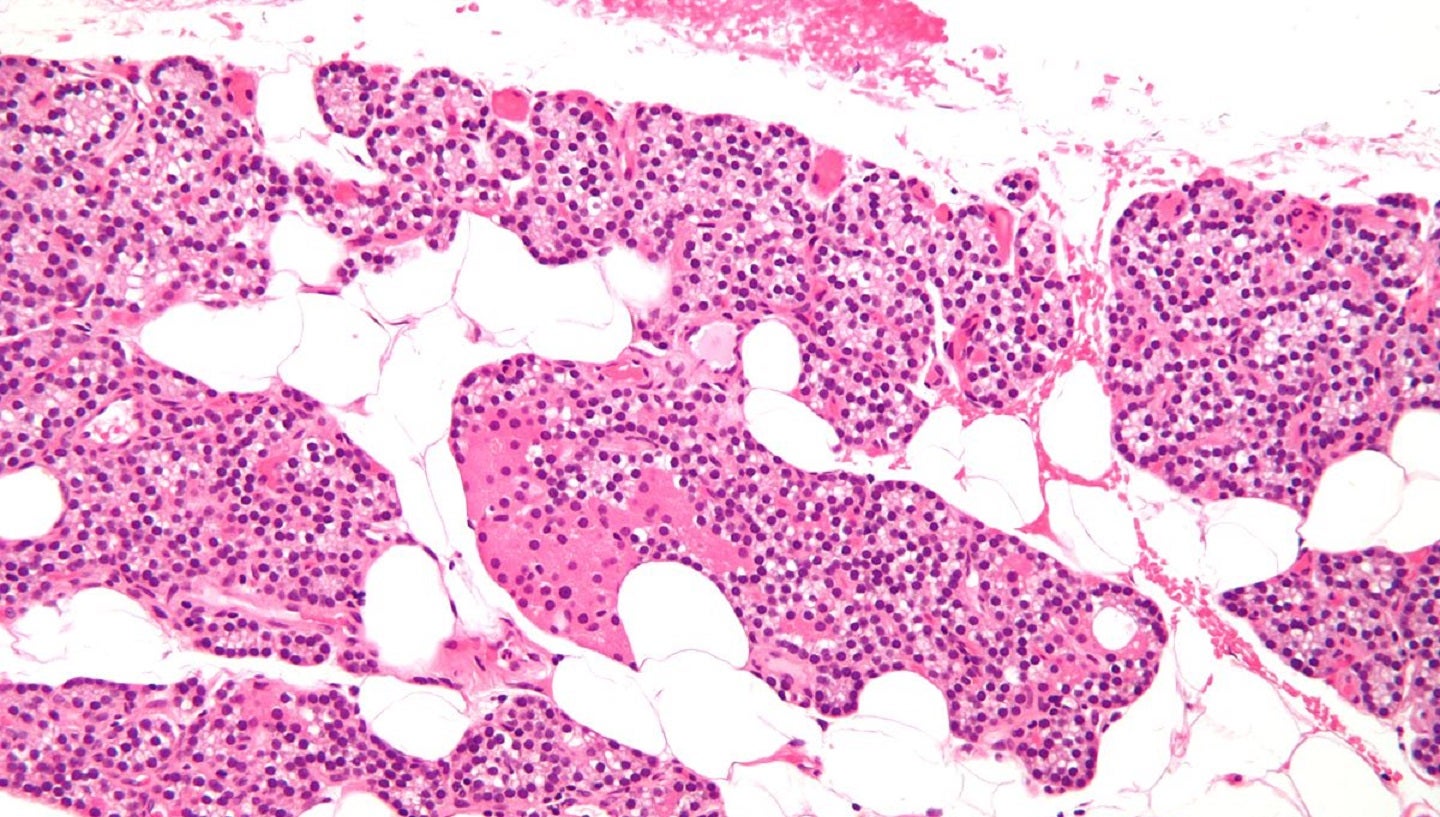
Extend Biosciences has reported positive results from its first-in-human Phase I clinical trial of EXT608 for the treatment of hypoparathyroidism, a chronic, rare endocrine disorder.
The ongoing, placebo-controlled, randomised, double-blind study divided 24 healthy subjects into six treatment groups to receive a single ascending dose of EXT608 subcutaneously.

Discover B2B Marketing That Performs
Combine business intelligence and editorial excellence to reach engaged professionals across 36 leading media platforms.
Interim data analysis showed that EXT608 was safe and well tolerated with no serious adverse events.
The study also demonstrated a dose-dependent increase in serum calcium, without a concomitant increase in urinary calcium.
As anticipated, prolonged suppression of endogenous parathyroid hormone was also observed in the study.
EXT608 can also be effective when given once a week, as suggested in early pharmacokinetic analysis.

US Tariffs are shifting - will you react or anticipate?
Don’t let policy changes catch you off guard. Stay proactive with real-time data and expert analysis.
By GlobalDataExtendBio co-founder and CEO Tarik Soliman said: “The data not only demonstrate that EXT608 is safe and well-tolerated, but they also show the potential for the compound to replace PTH for an extended period of time, which would result in increased patient adherence and improved quality of life.
“EXT608 has the potential to be a promising solution for physicians and patients seeking a convenient treatment option to effectively manage this debilitating disease.
“We look forward to rapidly advancing EXT608 into the next phase of clinical study.”
EXT608 is developed using the company’s D-VITylation platform and upon injection, it is fully active at the PTH receptor.
The company intends to make the treatment available for patients in a simple, easy-to-use single-use disposable syringe.





